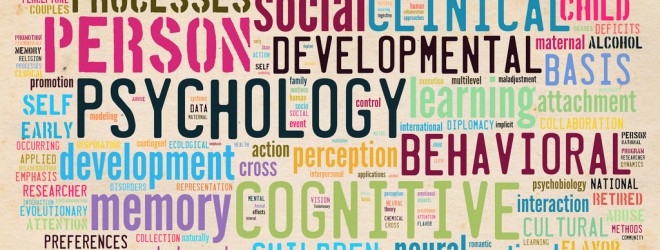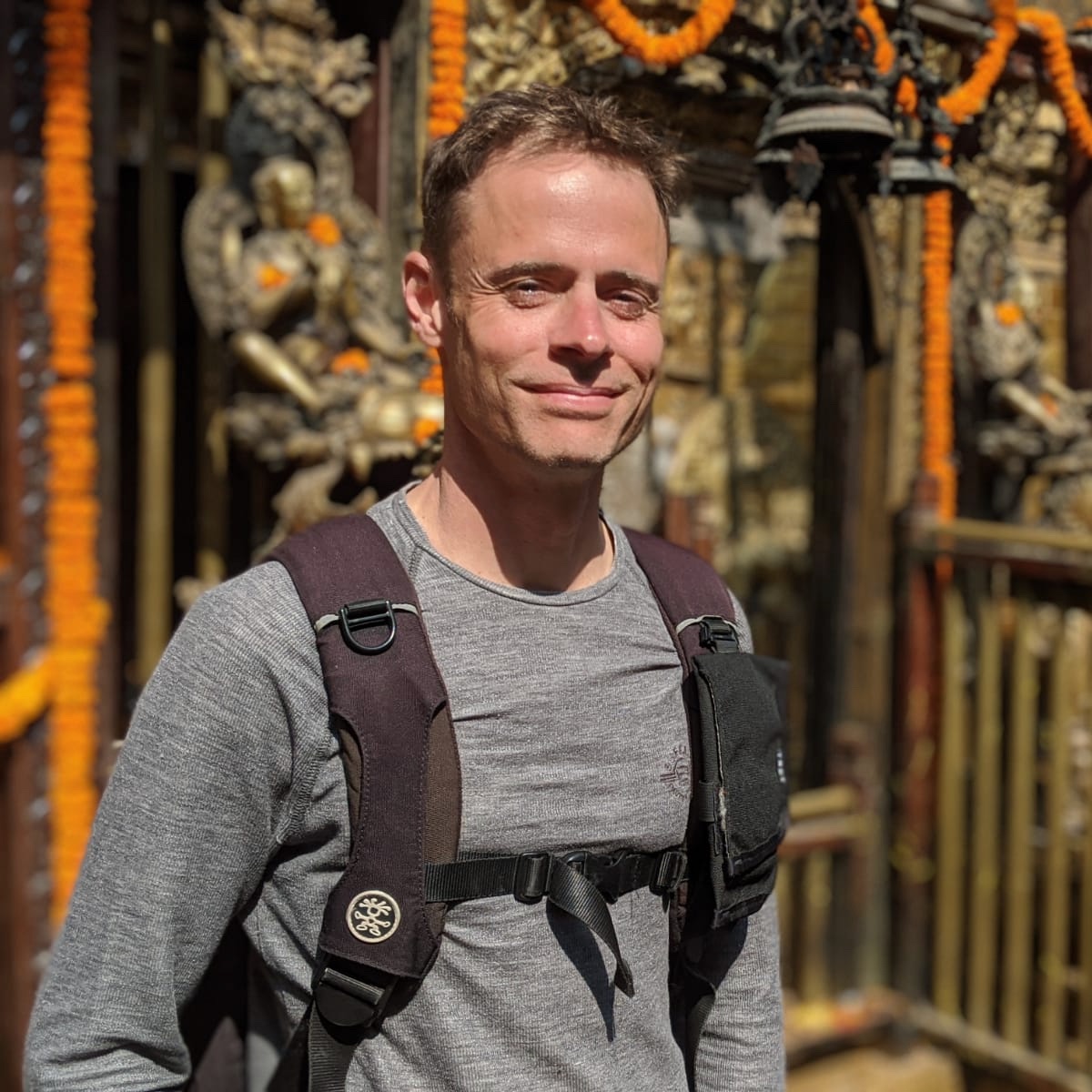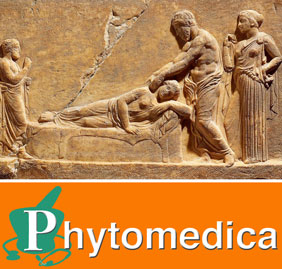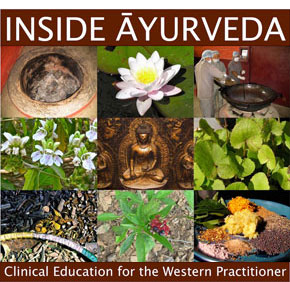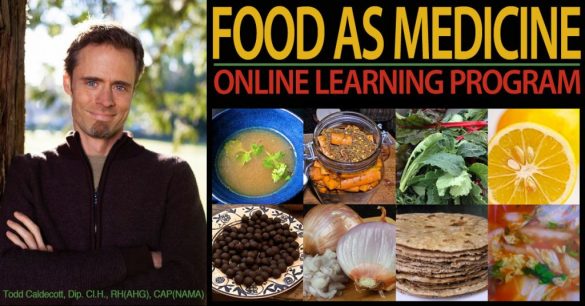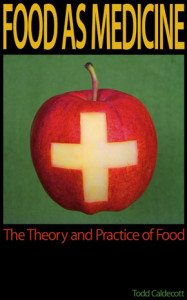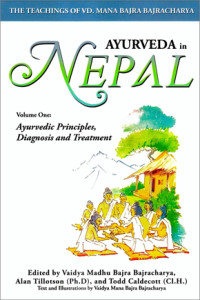How important is dealing with pyschological/emotional issues when dealing with disease/illness and what is the most effective way to go about this?
In Ayurveda it is said that all disease is psychosomatic in nature, and that all of the suffering we bring upon ourselves is the way we react to it, engaging in behaviors that bring about more suffering, rather than practicing those that alleviate it. For example, if someone is angry at us, do we respond with anger, or do we try to find a way to resolve the conflict in a peaceful manner? Or, if we injure our ankle while playing sports, do we continue playing or do we sit out the game and attend to healing?
In the ancient Indian text called the Katha Upanishad, the human life is likened to a horse-drawn chariot, with the charioteer being the mind, the horses our senses, and the road our actions. If the horses go down the wrong road, is it the fault of the horses? No – it is the responsibility of the person driving the chariot, or in this case, our mind. Likewise, for all our actions including how we control our senses our mind is responsible, even if things happen to us for which we have no direct responsibility. Even in bad weather and when thunder and lightning scare the horses, it is up to us to drive our chariot safely home. Thus the mind is of paramount importance in dealing with disease and illness, simply as a way to avoid and reconcile behaviors that bring about ill-health. Ayurveda provides a list of many different behaviors that bring about ill health, called pragnaparadha, or ‘crimes against wisdom’. Examples of these negative behaviors include the improper use of the mind and senses (over, under or deranged use), inhibiting the expression of natural urges (e.g. crying, sleep, sex, food, urination, burping etc.), excessive sexual activity, engaging in violence (thoughts, words or actions), and not attending to disease symptoms when they manifest, or using drugs that simply suppress symptoms rather than resolve the underlying problem.
To promote good health it is important to develop the faculty of wisdom and patience, and the way to do this is to have a clear mind. Thus activities such as yoga and meditation can be very helpful, creating a solid foundation for conscious awareness that helps us to root out unconscious patterns that bring about unhealthful and destructive habits. Nonetheless, the process is very different from demonizing negative behaviors – rather, we should try to find out what it is we really need and want from our lives, and then regard our negative behaviors with compassion and love. Often these behaviors were initiated as a coping strategy, out of a fundamental desire to avoid suffering. And while they often work for some time, they only delay the inevitable, or eventually cause some other problem. Meditation, yoga and counseling are all very good ways to help us figure out what we truly need to be happy and peaceful.
To address deep-rooted issues, I am increasingly seeing the benefit of psychotropic medications that alter one’s perception of self, and how each of us perceive or relate to the traumas of our past. This includes medications such as psilocybin mushrooms, Iboga, and ayahausca mixtures, as well as synthetic drugs such as MDMA and LSD. The difference between these substances and others is that they are not inherently addictive, such as tobacco, alcohol or cocaine, and generally bring about a positive state of mind when used in the correct fashion. However, these are very powerful substances, and like anything that has a dramatic effect, it is also possible that they may only destabilize and imbalance the mind. For others that use them irresponsibly, it is likewise possible that the effects will only be temporary. Anyone attempting to use such substances should do so only in a therapeutic context, administered and supervised by experienced and capable people.
